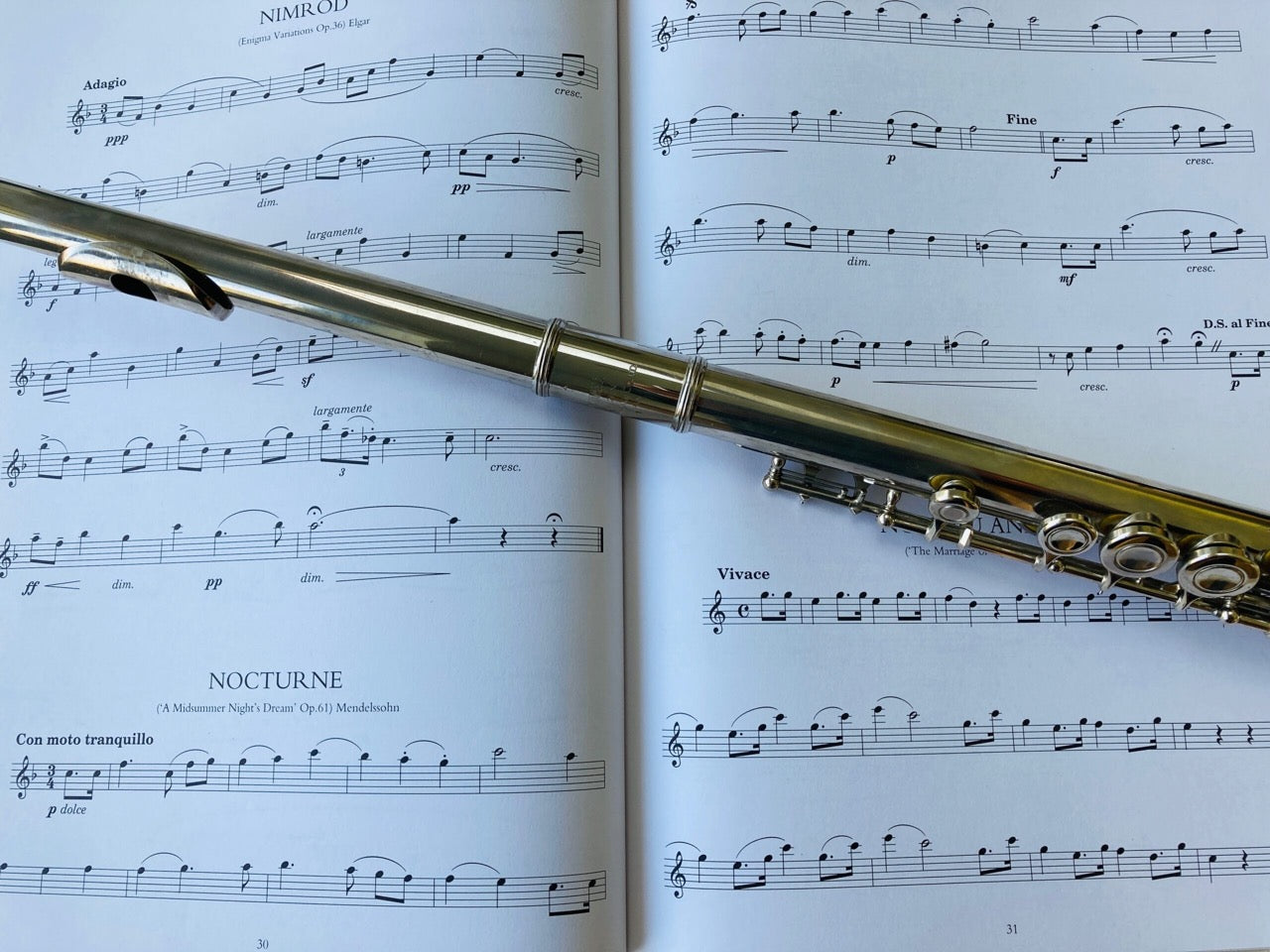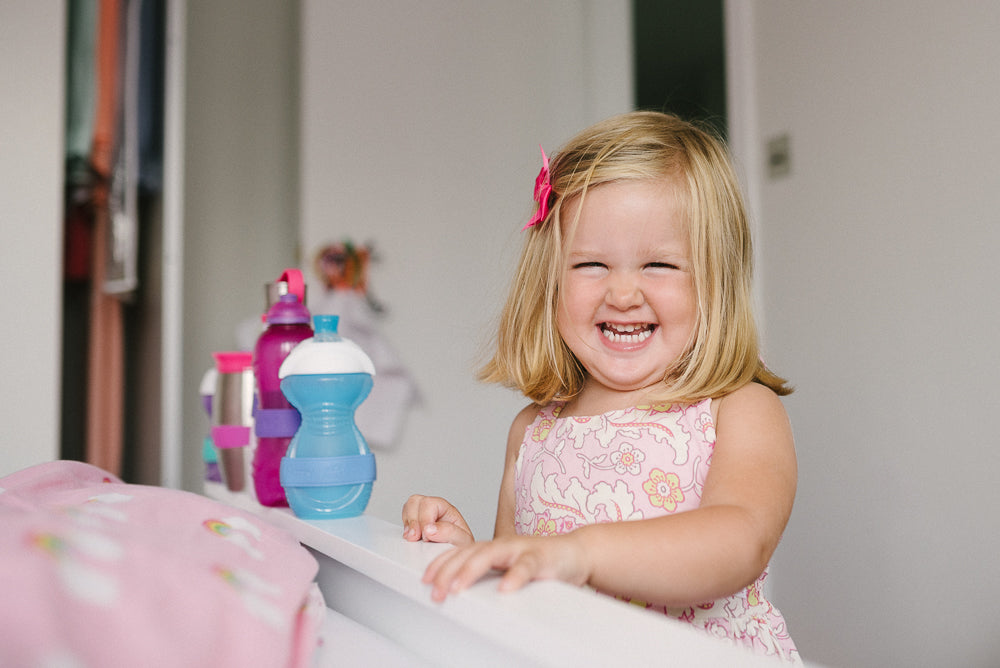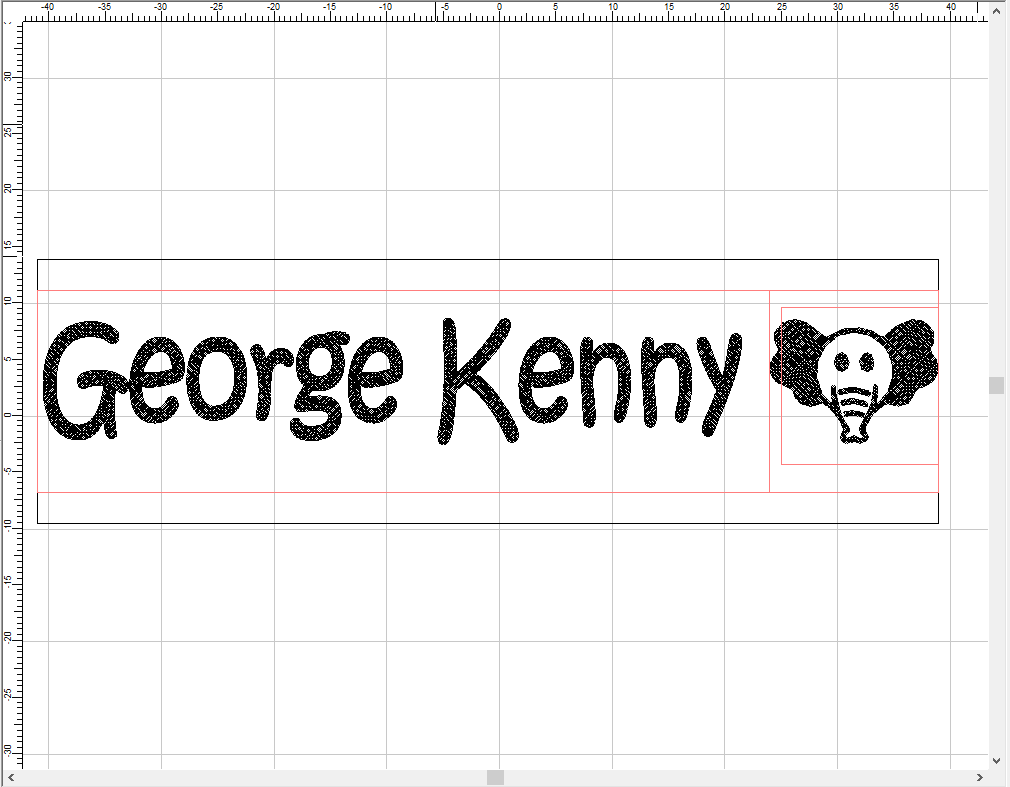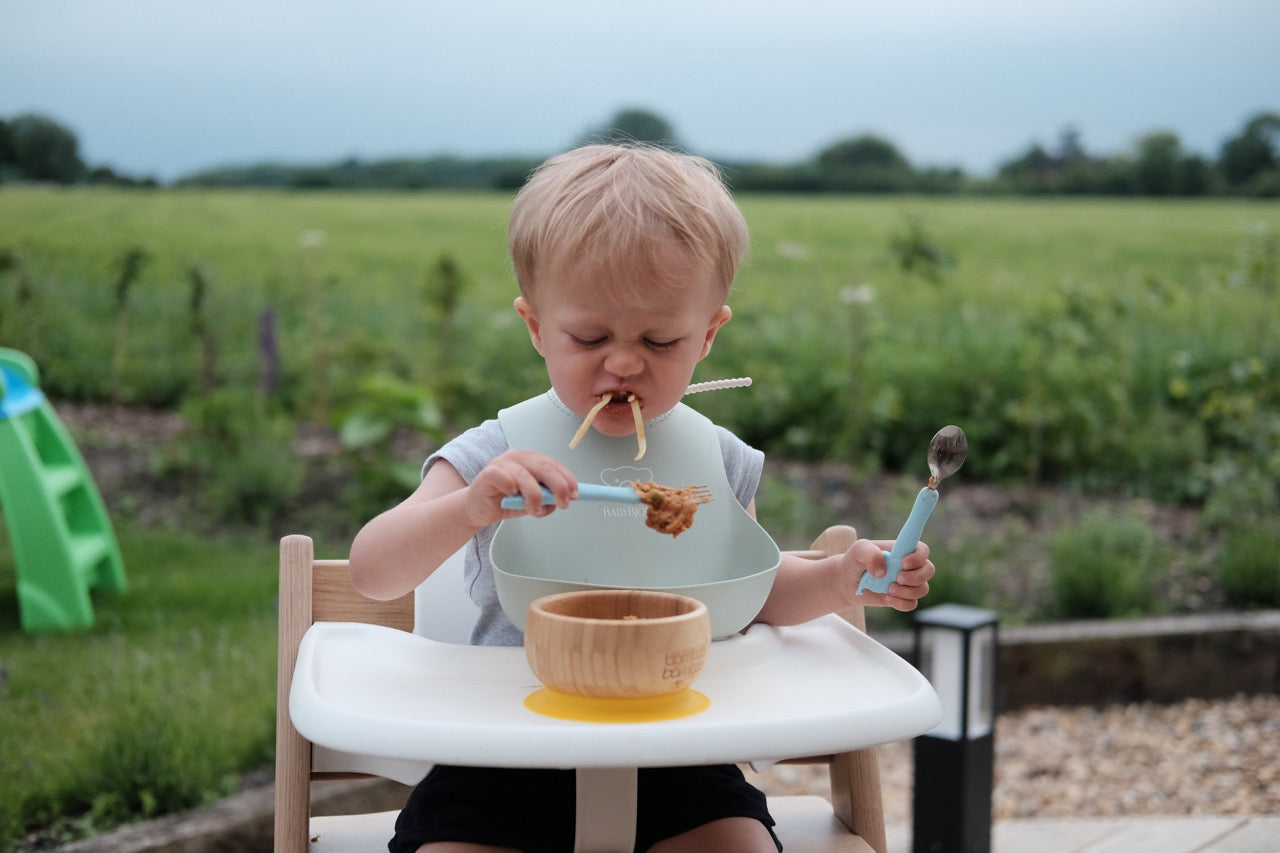When should kids start learning to play a musical instrument? There’s no ideal age to start, most people agree that kids are probably ready to learn to practise around the age of seven when concentration levels, physical strength and dexterity have sufficiently developed.
That doesn’t mean your kids can’t start learning to play a musical instrument at an earlier age. It’s down to the individual, some children are ready to start lessons sooner, some later, the key is that they show an interest in learning to play, which will help to motivate them.
It’s a great idea to introduce kids to music right from birth – and also in the womb! Early playgroups and singing nursery rhymes are a great way of introducing them to rhythm and sound. There are also lots of great toddler toy instruments like toy xylophones and cymbals that kids can play with and enjoy making sounds!

Remember learning to play a musical instrument at school?
Remember those early music lessons in school? The triangle, the sleigh bells, the drum sticks? You can buy toy sets of these for toddlers and watch them enjoy making their own music! Or you can see how many things you might find around the house and garden that make music – tapping sticks together, shaking a jar of cereal or using a spoon to tap a beat on a table.
Even water in a water bottle can make an interesting noise! Our personalised bottle bands are great for helping little hands grip onto the bottle while they are shaking it!
It’s really great to get toddlers clapping to a rhythm and clapping along in time with music as this is an excellent way to prepare them for learning to play a musical instrument.
There’s lots of classical music that toddlers might enjoy listening to – music to calm them down, or to get them excited! Music can be particularly good for children with autism and can help to create a peaceful environment.
Kids will pick up on music you play at home and things they hear on the radio – it’s a great idea to play them a mixture of classical, jazz, pop – all genres, so that they can learn to pick out which instrument makes which sound. Even better if your kids can listen to orchestral music or watch a concert and learn to recognise the different instruments and their sounds!
Classical pieces your toddler or younger child might enjoy listening to include the William Tell Overture by Rossini, The Flight of the Bumblebee by Rimsky Korsakov and The Nutcracker Suite by Tchaikovsky – just a few of the many wonderful classical pieces young children may enjoy!
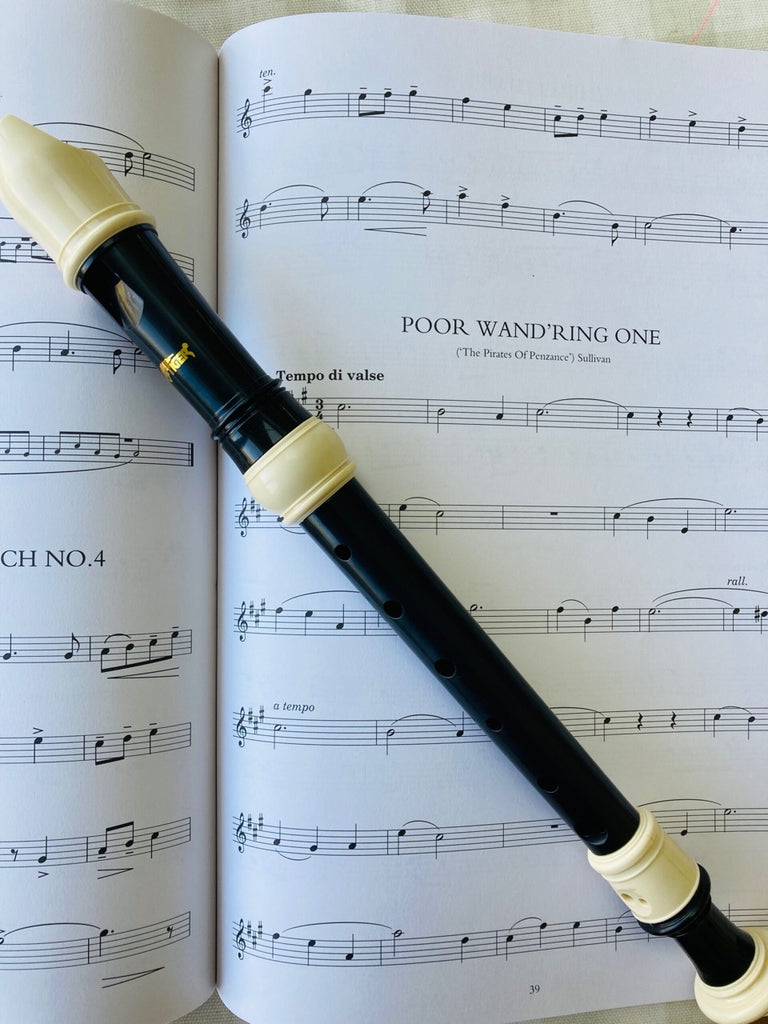
What about lessons in learning to play a musical instrument?
Once you think your child is ready to start learning to play a musical instrument on a formal basis, a good place to ask about lessons is school – the music teacher if there is one, or ask whether they employ external teachers to come in and teach particular instruments. Otherwise you can ask around for recommendations for local teachers.
Your child might be inspired by a piece of music and want to play the instrument on it, or maybe they want to take singing lessons – the voice is also an instrument! Most schools have a choir and this can be a really fun way to start learning about music!
A great piece of classical music to help children identify musical instruments is The Young Person’s Guide to the Orchestra by Benjamin Britten. This was composed to demonstrate to children the capabilities and sounds of different instruments in the orchestra and it’s a fun piece of music to listen to!
The Carnival of the Animals by Saint Saens is another piece that allows kids to hear clearly the different musical instruments.
What are the benefits of learning to play a musical instrument for kids?
Gone are the days when the learning to play a musical instrument at school was part of the curriculum – now music has unfortunately been pushed down the queue of subjects in schools, but increasingly there is a desire to change that. Music and learning to play a musical instrument has many benefits:
- It’s great for kids’ mental health which is particularly important at the moment after months of lockdown. Many children have suffered anxiety and stress from the isolation that the lockdown has caused. Many have been unable to see friends and teachers at school and have been stuck in the house for long periods of time. Music and learning to play a musical instrument can give relief from stress – a child just has to focus on playing and nothing else that might be a worry.
- It improves confidence – learning to play a musical instrument and having a sense of achievement from playing music can really help kids’ confidence.
- It’s a way of improving dexterity – learning fingering on a recorder, flute or other instrument is a fantastic way of improving coordination and finger agility!
- Learning to play a musical instrument is great for listening and observational skills – it’s a really good preparation for learning languages. Languages are very like music – they have rhythm and tone too!
- Learning to play a musical instrument is excellent for breath control and developing lung capacity – if you choose a woodwind or brass instrument! Kids have to learn to control their breathing through passages of music – singing too develops breath control and the diaphragm muscle.
- It uses the brain in a different way – kids have to learn to remember notes and how to play them which creates new pathways in the brain.
- It can help your child to make new friends – learning to play a musical instrument opens up a whole new world of possibilities. Playing with other children in a band or just playing a musical instrument with a friend is really fun and improves social skills!
- Learning to play a musical instrument helps maths skills – kids have to learn the values of different notes and to count the beats in the bar…..so all that involves developing maths skills!
- Learning to play a musical instrument can also help a child develop a lifelong love for music and an interest that they will always enjoy!
- Learning to play a musical instrument is really fun!
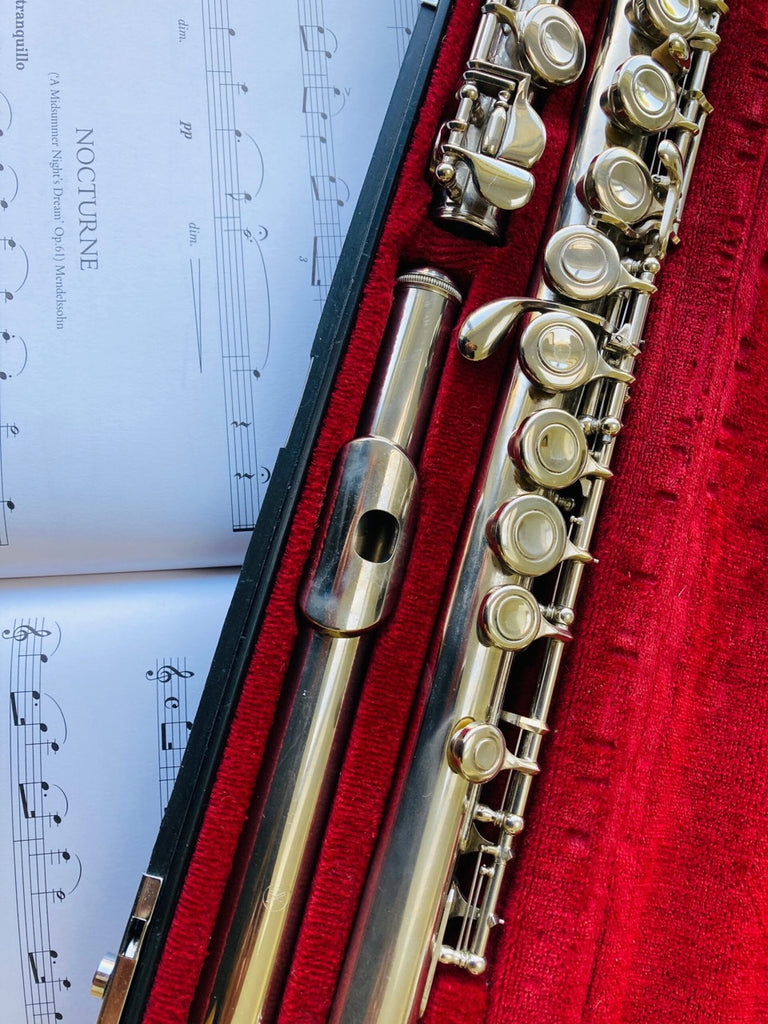
So which are the best instruments for kids to learn?
Popular musical instruments for kids to learn are:
Recorder
The recorder dates back to medieval times and has been a popular musical instrument with children for hundreds of years. It’s seen as a really good way to provide an introduction to learning to play a musical instrument and opens up possibilities to explore other woodwind and brass instruments.
A recorder offers a child the opportunity to learn to read music and to be able to quickly master simple melodies. It’s reasonably easy to play and gives great rewards! Kids can fairly quickly play music! There are variations on the basic descant recorder but it’s usually the first that a child will learn to play. The recorder isn’t too hard and it’s very portable and doesn’t take up much space!
Flute
The flute is probably one to start at around 8 or 9 years of age because of its length, so a 7 year old might have trouble reaching all the keys and holding the instrument too. It’s a fantastic instrument for manual dexterity and offers more challenge to breath control than the recorder.
The flute is a great instrument for kids to learn if they want to go on and play in a band or orchestra. There are a lot of solos written in orchestral music for the flute so there won’t be a shortage of opportunities to shine!
Our PKS personalised bottle bands are excellent for putting around your child’s flute case to label it!
Guitar
Learning to play the guitar is a popular choice for kids – it’s easy for them to hold and begin playing. The guitar also offers the possibility of going on to play the electric guitar or bass, and opportunities for playing in a band too – which can be really enjoyable.
Of course because the guitar only occupies hands it also means that you can sing along! Great for wannabe pop stars and potential rock gods!
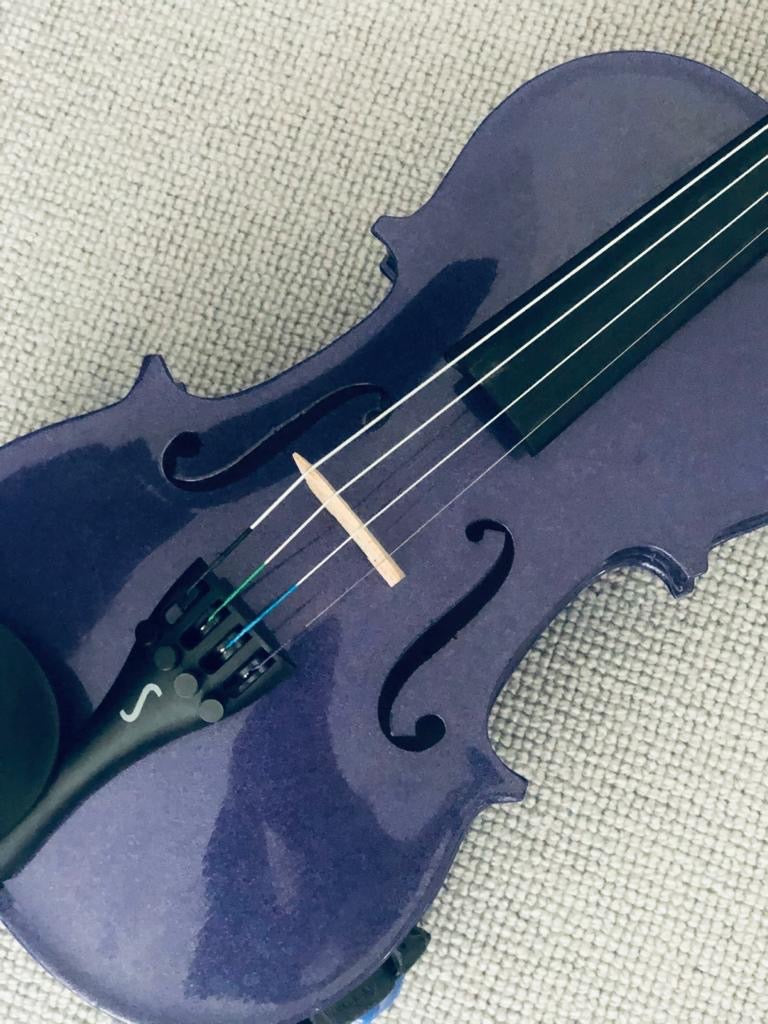
Drums
Many people forget about percussion instruments – but the drums are a great musical instrument for kids to learn. They help to develop a good sense of rhythm and beat and also essential listening skills.
Learning to play the drums is great if your child is attracted to playing in a band or orchestra and it’s a great way of making friends because it’s super cool!
Drums are an essential part of any orchestra and an exciting part too – and of course they are part of any modern band too! Drums are a pretty cool instrument to learn!
Violin
The violin is a popular musical instrument for kids to learn partly because of its small size and light weight. Again, it’s a great instrument for developing aural skills and memory as well as dexterity.
The violin is a great choice if your child wants to be a part of an orchestra – and being in the violin section is quite social as there are usually quite a few violins! Apart from the violin there are other string instruments – the viola, the double bass, the cello, even the harp!
The violin is very versatile and is an important part of the orchestra and it’s also central to folk music – it’s even used in pop music too!
Piano
Always popular, the piano can be played as part of an orchestra, a band or just enjoyed alone. Your child doesn’t need a full sized piano – they can learn on a keyboard and these are quite cheap to buy.
A piano is a fantastic instrument for kids to learn – it develops the musical ear, improves manual dexterity, helps to develop good posture, confidence and self esteem. So much lovely music is written for the piano so there will be no shortage of pieces to play!
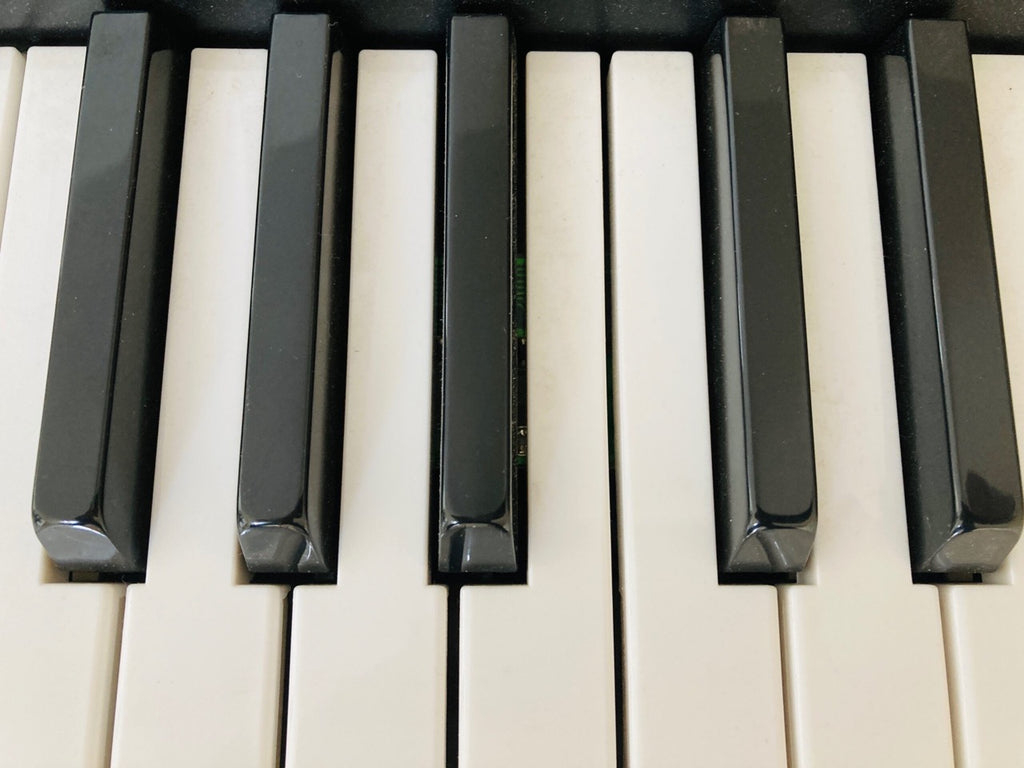
How about ideas to help kids with practising?
The Royal School of Music have some ideas to help your kids practise.
- Get the teacher to make your child a record of what the expect from the practice.
- Give your child a fully working instrument with accessories – like a piano stool for a piano player or a music stand.
- Find your child a quiet place in your home to play in.
- Make sure your child understands what they have to work on.
- Listen to your child – if they are finding the practice difficult or too much on any day then give them a break. Don’t force a child to play for longer if they’ve had enough. Learning a musical instrument takes a long time and it’s better to wait for a day they aren’t feeling overwhelmed by other things!
- Try not to be critical – it’s better to speak to their teacher if your child is having difficulties rather than making them feel criticised.
- Little and often is better than binge practice! Even 5 or 10 mins a day every day is really valuable.
- Realise that learning a musical instrument is a long road – and it’s to be enjoyed along the way! It’s a never ending process of development rather than something to be finished and achieved!
- Give rewards for regular practice. Soon your child will see the progress for themselves and be inspired to keep going!
Don’t forget that our PKS personalised bottle bands are brilliant for labelling any water bottle – and it’s essential to have your kids’ bottles named if they are taking them to music lessons, orchestra or band practice!


